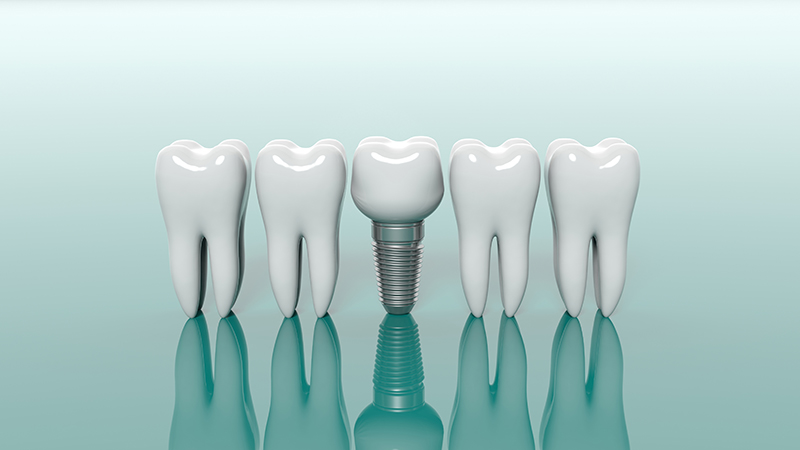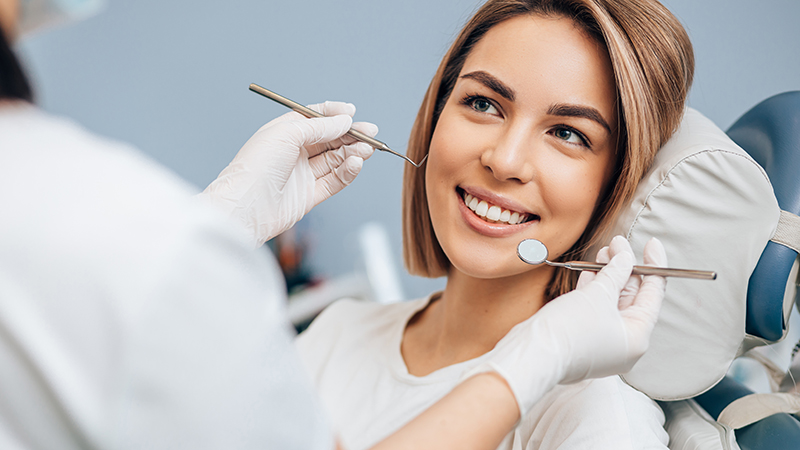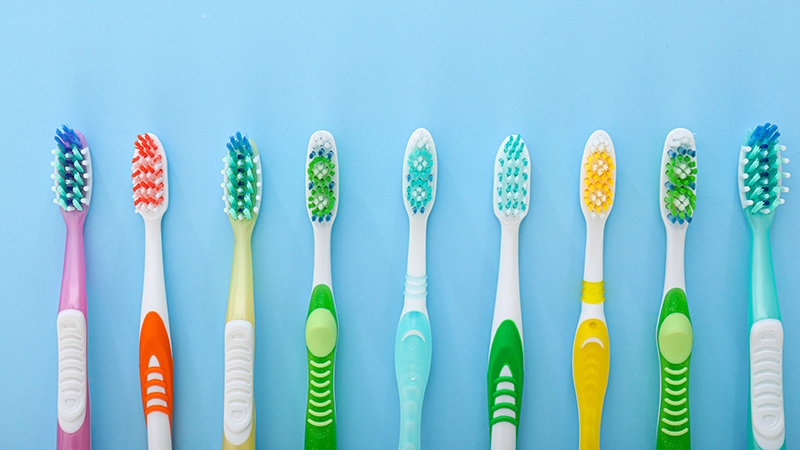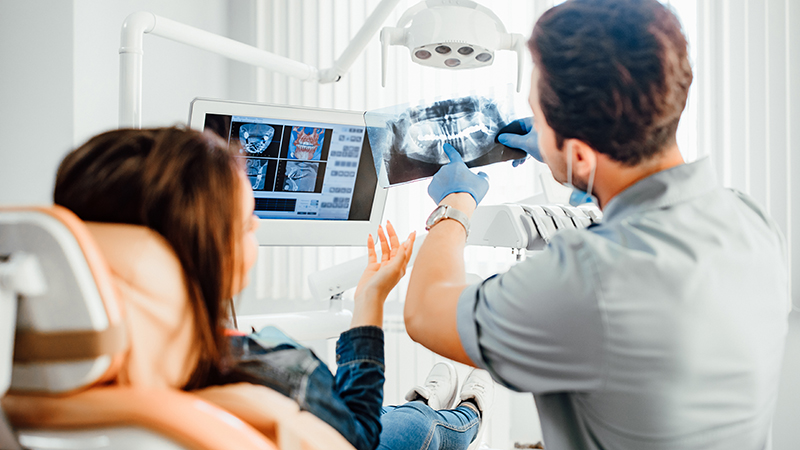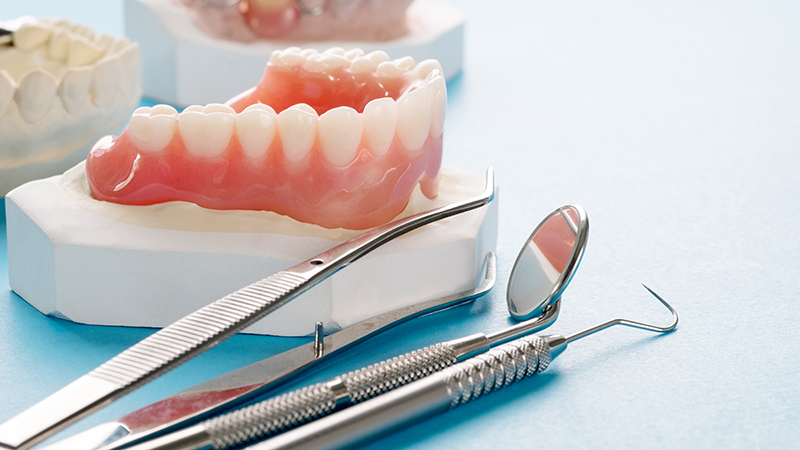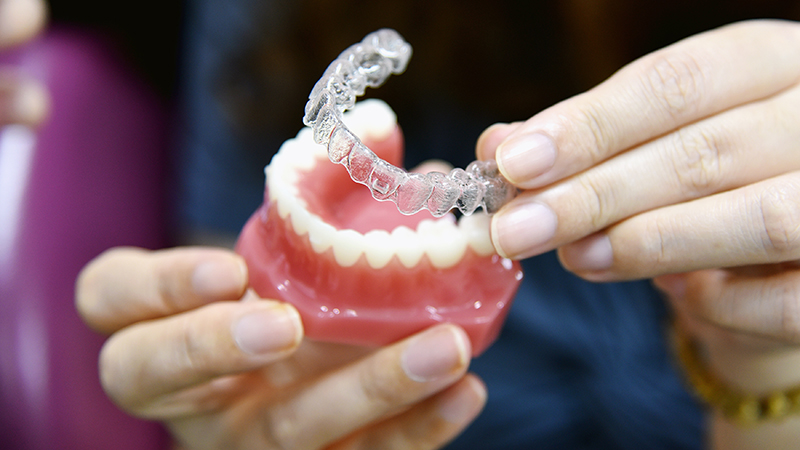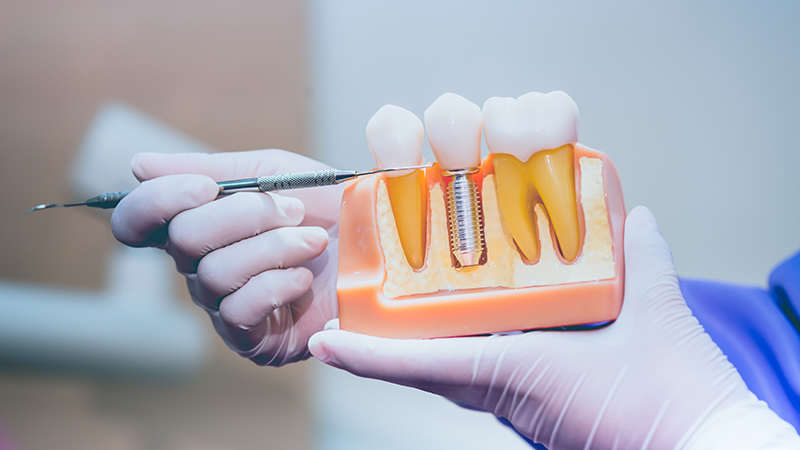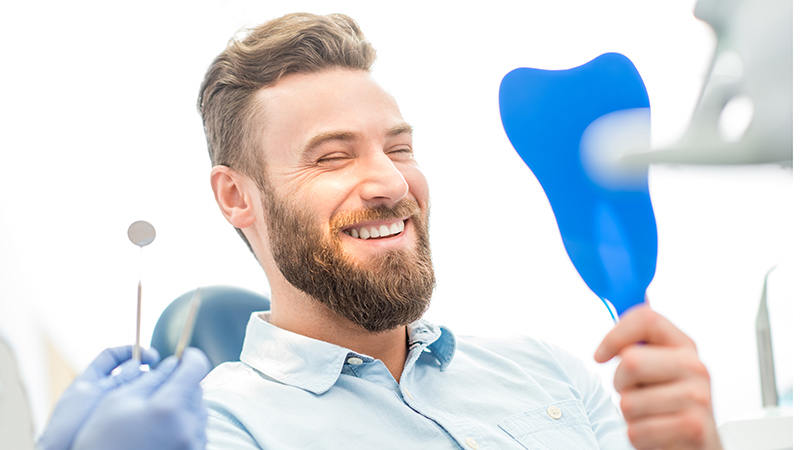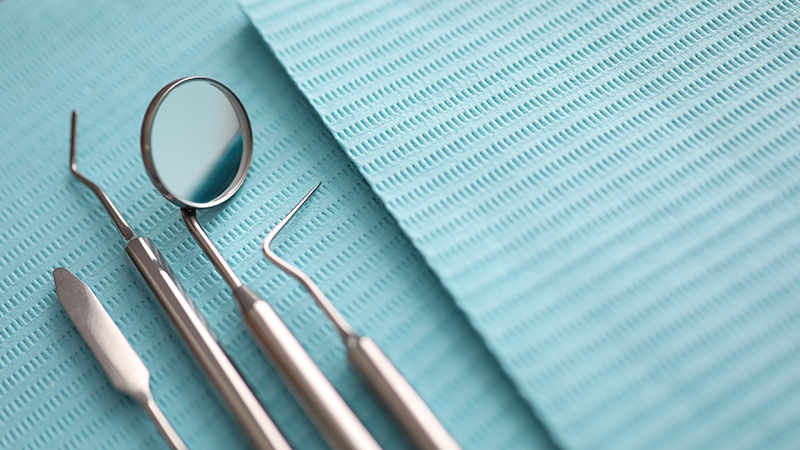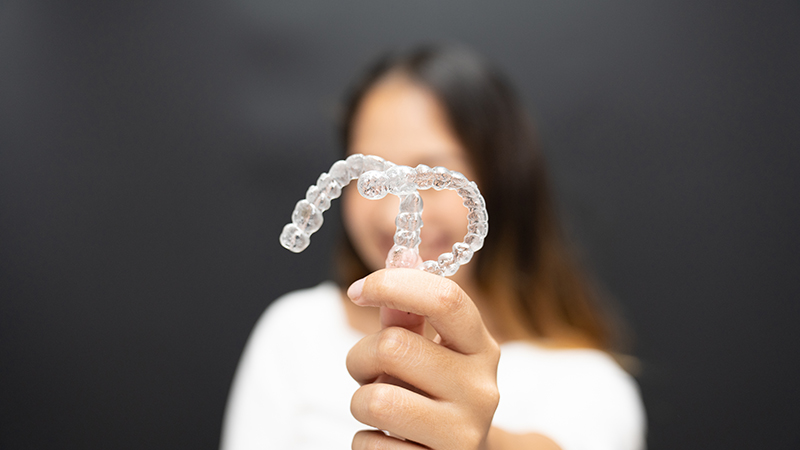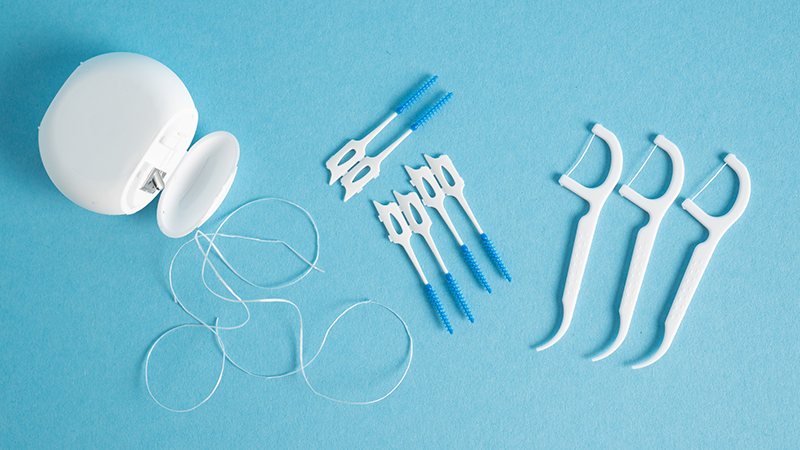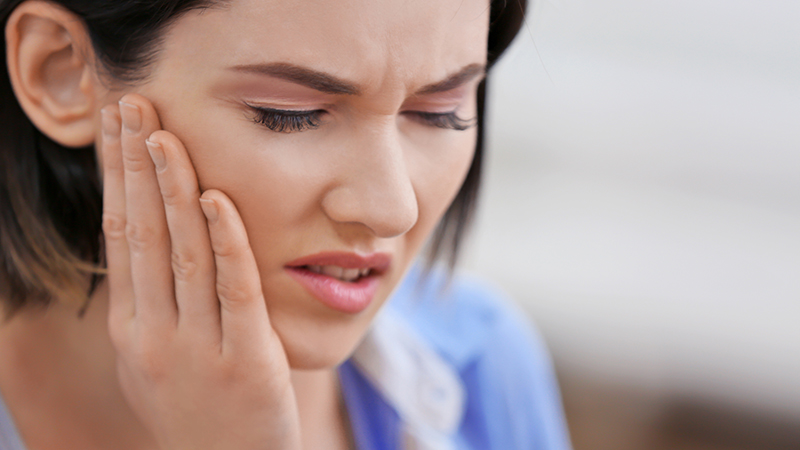Blog
How & Why Dental Implants Last So Long
When patients are in the process of choosing a restoration method for their smile, our Jackson, MI, dentists know to expect one question:…
Oral Cancer Awareness: Why You Shouldn’t Overlook Screenings
Staying on top of and prioritizing the health of your mouth can save you from unwanted consequences in the future. To help you be…
Veneers vs. Teeth Whitening: Which Is Right for You?
Switching it up and deciding to make a change with your smile is great! Our Jackson, MI, cosmetic dentists believe that every patient…
An Overview of Simple Tooth Extractions
While it may sound daunting, tooth extraction is a common procedure performed by our Jackson, MI, dentists to alleviate various oral health…
6 Key Questions About Porcelain Veneers Explored
Having porcelain veneers placed does permanently alter your natural teeth which is why it’s important to gather all of the information from…
How a CEREC Same-Day Crown Can Benefit You
Forget the old process of restoring a weakened tooth and open yourself up to receiving a CEREC same-day crown. With this procedure, you can…
Toothbrush Selection Tips for the Best Clean
When it comes to maintaining a healthy and sparkling smile, one of the most critical factors is selecting the “right” toothbrush. With a…
Wisdom Teeth Removal for Teens vs. Adults
If you’re like most people, there will come a time when you need your wisdom teeth taken out. We know it sounds scary but it’s not…
New Dentures? Get Used to Them With These 4 Tips
Being the owner of new dentures can bring about a mix of excitement and awkwardness. Having your smile back is amazing but the replacement…
Just Started Wearing Invisalign®? Here’s What to Expect
If you’ve recently made the decision to straighten your teeth, congrats! It’s a big step and an investment not only in the aesthetics of…
Top 5 Tips for Fresh & Clean Dental Implants
If you want things to last in life, you have to put in the work and show them proper care. Dental implants from our Jackson, MI, dentists…
Why You Should Have Cavities Filled Sooner Than Later
It can be fairly easy to delay items on your to-do list. Pushing something to the next day or even the day after doesn’t always have…
How Dry Mouth Occurs & What You Can Do About It
When your mouth feels oddly dry, it can be disconcerting. Even more so when you attempt to drink a bunch of water but still notice distinct…
Dental Bonding 101: Everything You Need to Know
Fixing imperfections in your smile has never been easier thanks to dental bonding. All our Jackson, MI, cosmetic dentists need to do is…
5 Reasons Why You May Benefit From Teeth Whitening
Bright, white teeth may seem out of reach or unattainable, but a solution is closer than you might think. At The Dental Experience, our…
How to Tell When a Filling Has Come Loose
A cavity is never really something you want to deal with. Regardless, they happen and receiving a tooth-colored filling from our Jackson,…
Are Teeth Cleanings Really That Important?
Skipping out on routine teeth cleanings is tempting but not in your best interest, according to our Jackson, MI, dentists. You need to put…
How Gum Disease Gets Treated
Did you know that gum disease (or periodontal disease) affects almost half of adults aged 30 and older in the U.S.? Yes, despite being a…
Keep These 4 Truths About Invisalign® In Mind
Before you move forward with enhancing your smile, our Jackson Invisalign® dentists want you to be informed. The last thing we want is for…
What Tooth Problems Can Veneers Solve?
Do you ever look in the mirror or at pictures of yourself smiling and feel distracted by minor chips, cracks, or gaps in your teeth? If so,…
The Ins and Outs of Flossing
It’s often overlooked but flossing can do a fair amount for your smile. Sure, it can’t carry the health of your teeth on its own but it is…
Toothaches: Causes, Symptoms, & Treatment
Oftentimes, it seems like a toothache will set in without warning. You may wake up with one or notice the pain while relaxing on the couch.…
Am I a Candidate for All-On-X Dental Implants?
You look in the mirror and you’re not happy with how your smile looks. It’s normal to feel this way, especially if you have a fair share of…
How All-On-X Dental Implants Compare to Dentures
Many patients who find themselves with missing teeth either because of age, decay, or repeated tooth extraction, often think traditional…
Dental Sealants: Who Needs Them?
If you’re looking for a way to protect your teeth beyond daily brushing and flossing, our Jackson, MI, dentists can introduce you to dental…
Why Over-the-Counter Teeth Whitening Often Falls Short
We’ve all seen the endless aisle of whitening toothpastes, strips, pens, and more available for purchase while shopping. Many end up being…
What Do I Do If My Tooth Cracked?
Having a cracked tooth is never fun. However, it’s important to not panic and seek out professional care courtesy of our Jackson, MI,…
What to Consider Before Pursuing Dental Implants
Committing to a better, healthier smile is nothing to sneeze at. In fact, it’s a big step that requires thought and planning. If you’ve…
Can Crowns Be Made in One Day?
You can wave goodbye to the old dental crown process. Thanks to CEREC technology, our Jackson, MI, dentists can custom create and place a…
All There Is to Know About Invisalign®
Metal braces are no longer the only path you can take when it comes to straightening misaligned teeth. For instance, our Jackson, MI,…
How You Can Steer Clear of Cavities
Cavities are never fun to deal with so why not try to prevent them altogether? It is entirely possible but it does require some daily…


